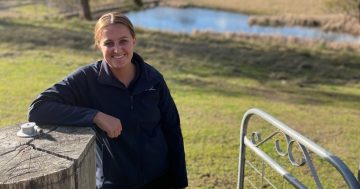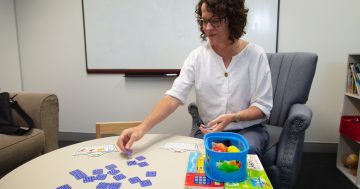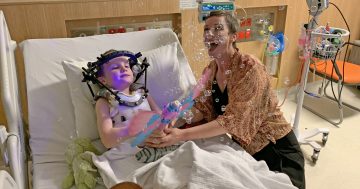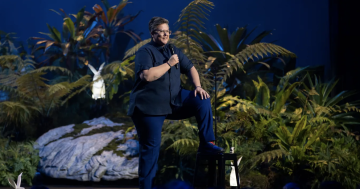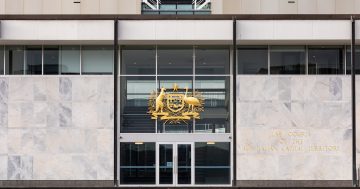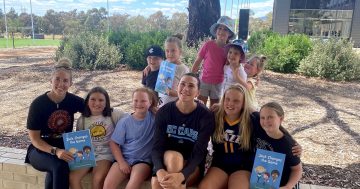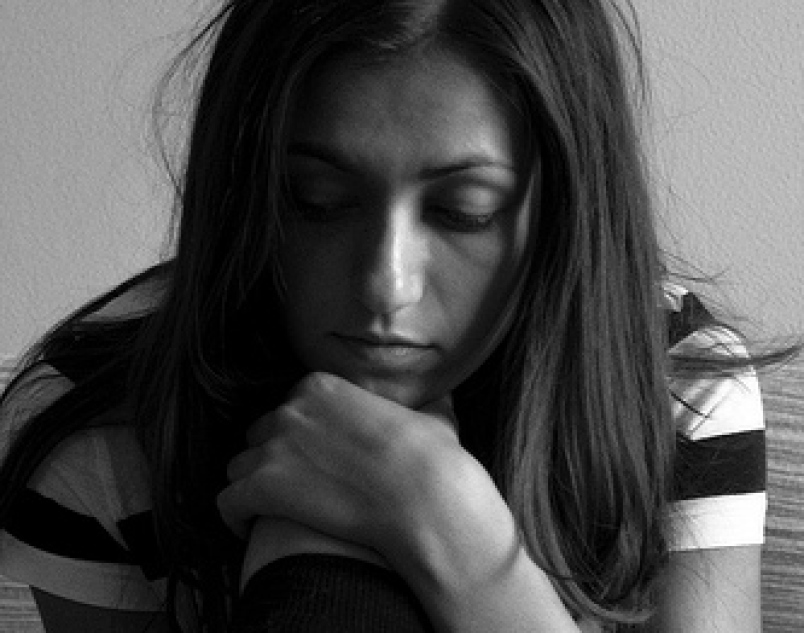
Gay conversion therapy has been defended by some despite widespread support for the ban. Photo: Creative Commons.
Next week, it’s likely that the ACT’s gay conversion ban will pass the Legislative Assembly.
For legislation with bipartisan support, there’s been a lot of noise about this bill: robocalls, and reports that Trinity Christian School’s leaders claimed the bill could result in criminal charges and that it poses a threat to teaching Christian values in schools.
The ACT government says that is a willful misunderstanding of legislation designed to protect people from damaging practices that are not backed by clinical evidence.
But who would undergo gay conversion therapy in the first place? And why would someone defend the process?
Michelle (not her real name) sought Christian counselling about her same-sex attraction and contacted Region Media to tell her story.
Michelle says her issues began in adolescence – “a confusing time for everyone” – when she started experiencing strong attractions to other girls. Michelle (now in her mid-twenties) says she was “overcome with shame and disgust” and was deeply troubled by her feelings.
She wasn’t raised in a religious faith and never discussed sexuality with her parents although she heard homophobic jokes occasionally during her childhood. But as puberty bubbled up, Michelle began to feel intensely different from everyone around her and feared being found out at school.
“One big way I tried to work through it was to deny my feelings and pretend they didn’t exist. That was a coping mechanism,” she says. “But that only goes so far, and I didn’t know what else I could do.”
Unsure where to turn, she told nobody about her fears. The closest thing to help or context for her feelings came from reading young adult fiction.
In her final years at school she became a Christian and says that the world suddenly started to make sense. It was “a completely transformative experience on the inside” to read The Bible, and feel “totally gripped” by the historical and religious persona of Jesus.
“I was coming to learn about a God who loves me to bits, to know I am precious in his eyes and full of worth as a person regardless of whatever desires I experienced. He could see all my brokenness and love me, regardless,” she says.
But if God loved all of her, why not her sexual orientation too?
Michelle says reading The Bible convinced her that “homosexuality and living out those desires are not part of God’s good purposes for humanity”. She believes that God created marriage between a man and woman as the only place where human sexuality can be expressed.
Deciding to finally disclose her same-sex attraction to her Christian friends was frightening.
“I was fearful of being rejected, of people being scared to touch me,” she says.
“But it was nothing like that at all. I had great shame but it was met with acceptance and love. I came to see that these desires were not going away. My friends shared the same belief as me – that same-sex attractions are not good to pursue.”
Michelle spoke only to other Christians, while the help she sought also came only from within her church.
(It is important to note that many Christian denominations do not share the approach or beliefs that Michelle experienced.)
“I asked for help finding a counsellor to stop having these feelings. It was not about getting rid of them but thriving and having a flourishing life and not having intrusive thoughts. I did not want to have these desires,” she says.
The counselling didn’t focus on forcing her to be heterosexual. There were other life issues she also needed to address, but she says the therapy was mostly about finding a way through feelings she didn’t want.
“Lots of people believe sexuality is core to our identity. I don’t believe that. I have found deep, deep joy in my life without sexuality being fundamental to who I am as a person,” Michelle says.
“The point is I’m not enslaved to my sexual desires whatever they are. I felt like I could live a deeply joyful flourishing life without being consumed by these attractions. I am secure in who I am now.”
Michelle is clear that nobody should be coerced into conversion therapy. She acknowledges that she made her own choices of her own volition as an adult, while the bill is directed towards protecting minors and people whose decision making is impaired, although she’s worried about who that includes.
Michelle is “sad and fearful” about the bill and concerned that people like her might somehow be prevented from access to the same support that she chose.
“The bill is written as though they have never heard of people like me experiencing what I have,” she says.
“The bill functions in a different world view that’s not compatible with what I believe.”
If this article has raised concerns for you, support is available through QLife between 3:00 pm and midnight on 1800 184 527, or Lifeline on 13 11 14.











